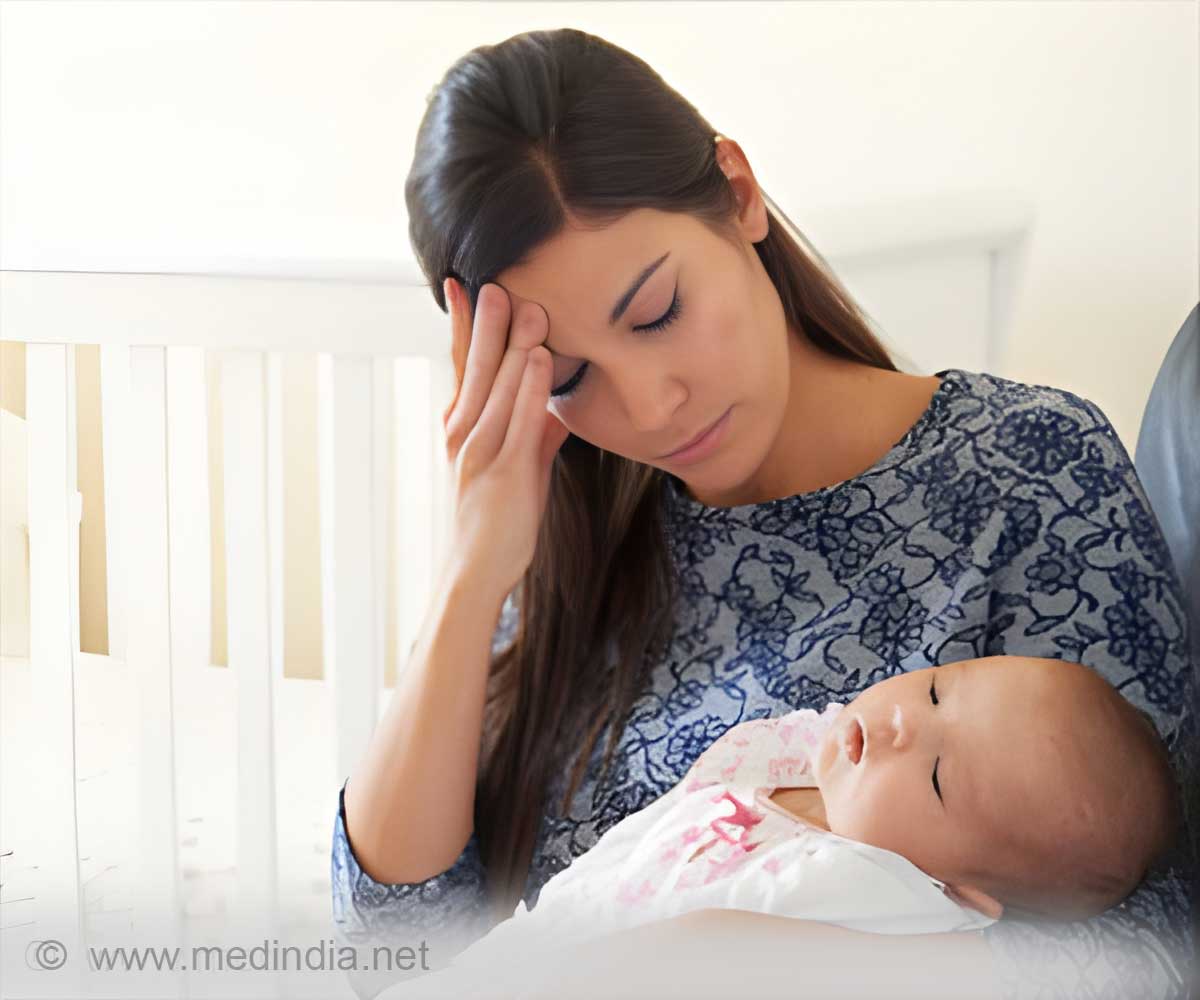New study carried out by researchers at the University of Cambridge gave a better understanding of the experiences of autistic mothers during pregnancy and the post-natal period.

‘Developing autism screening tools and interventions for managing post-natal depression in mothers is the need of the hour.’
Read More..




Sixty percent of autistic mothers in the study reported they had experienced post-natal depression. By comparison, only 12% of women in the general population experience post-natal depression. In addition, autistic mothers had more difficulties in multi-tasking, coping with domestic responsibilities, and creating social opportunities for their child.Read More..
The study also found that when autistic mothers disclosed their autism diagnosis to a professional, they were not believed the majority of the time. Autistic women felt misunderstood by professionals more frequently during pre- and post-natal appointments and found motherhood an isolating experience.
Despite these challenges, autistic mothers reported they were able to act in the best interest of their child, putting their child's needs first and seeking opportunities to boost their child's self-confidence.
Dr Alexa Pohl, who led the study, said: "Autistic mothers face unique challenges during the perinatal period and parenthood. Despite these challenges, an overwhelming majority of autistic mothers reported that parenting overall was a rewarding experience.
This research highlights the need for increased awareness of the experiences of motherhood for autistic women and the need for more tailored support."
Advertisement
We now need more research into why the rates are so much higher, whether they are seeking help and not getting it, or if they are not seeking help and for what reasons. A new research priority is to develop autism-relevant screening tools and interventions for post-natal depression in these mothers."
Advertisement
Source-Eurekalert












